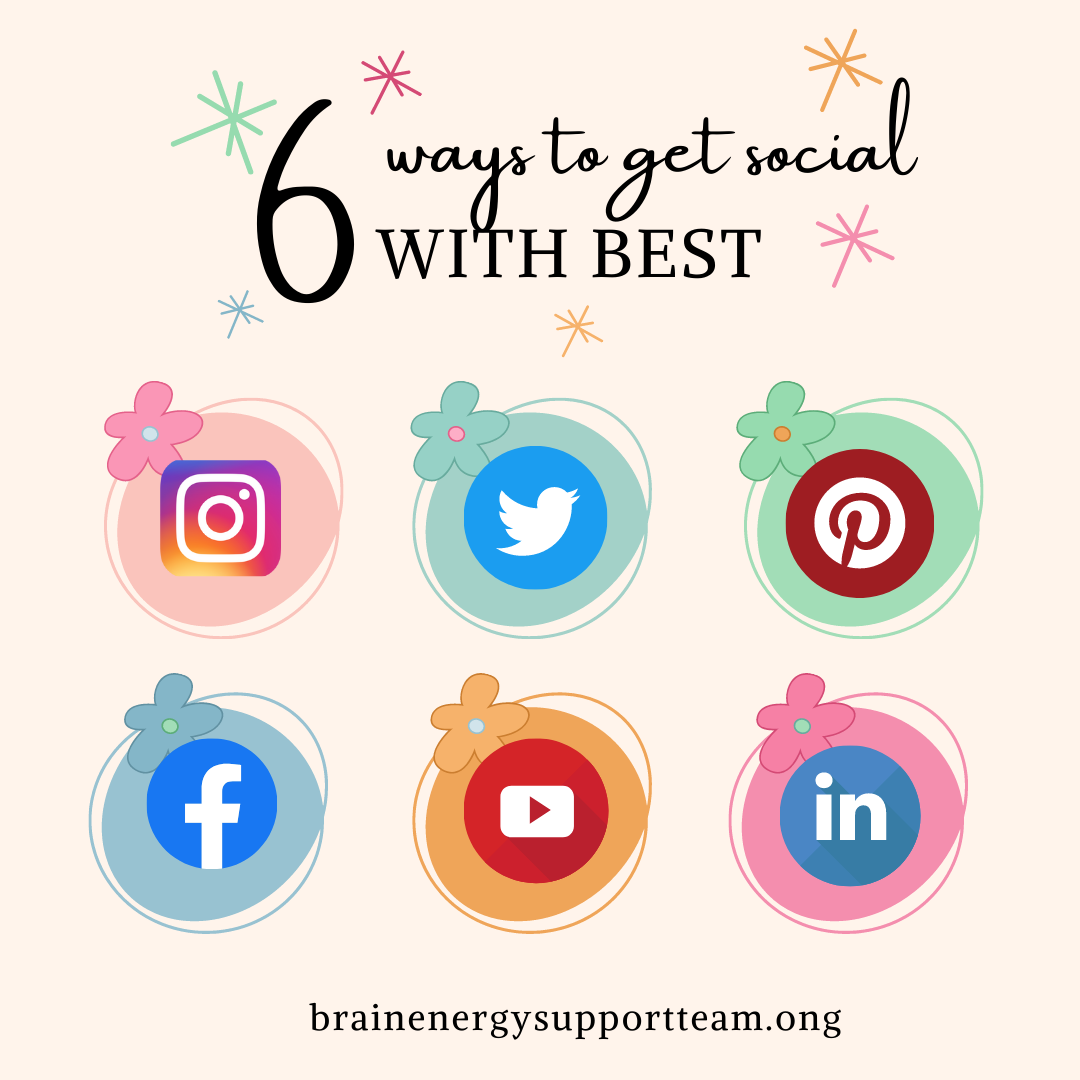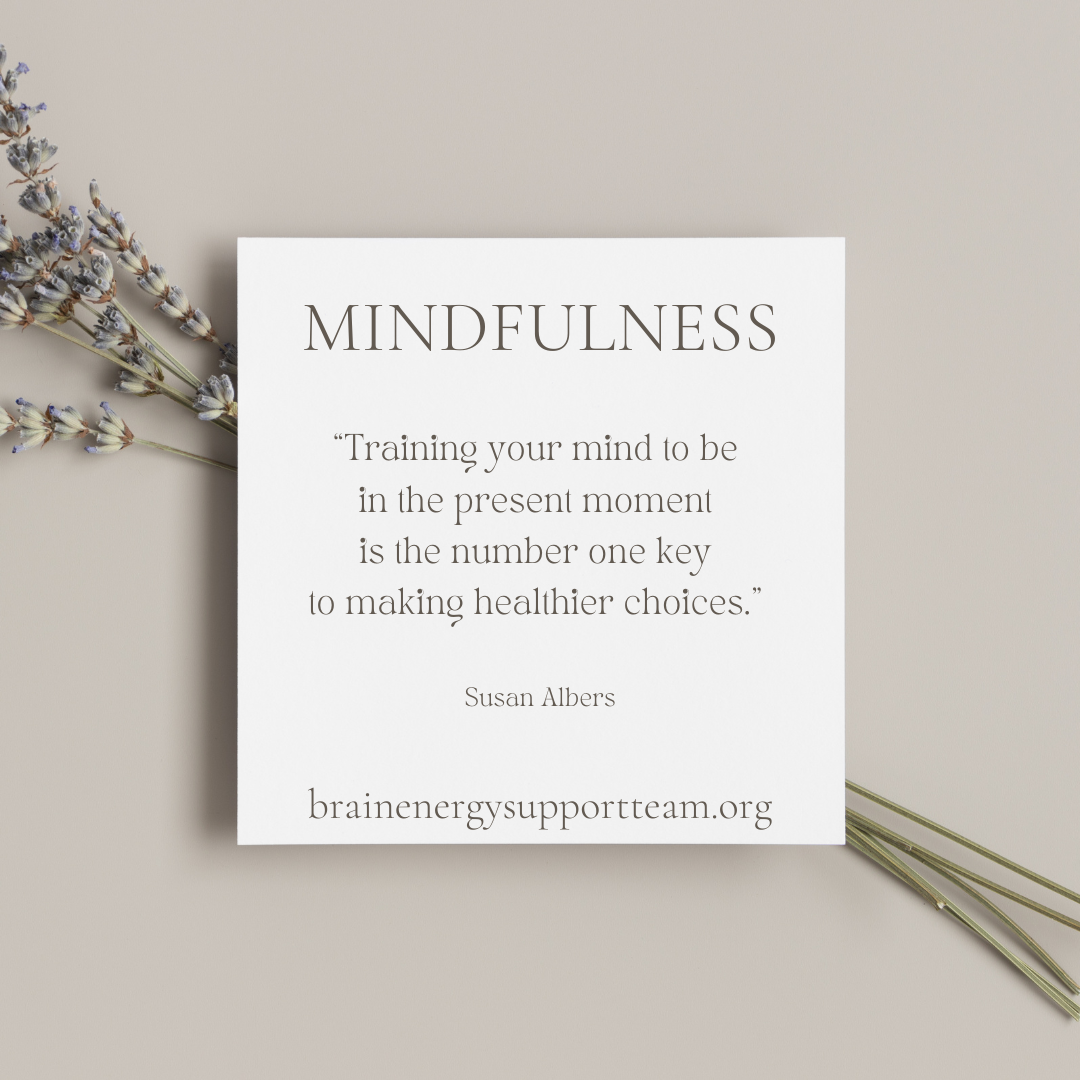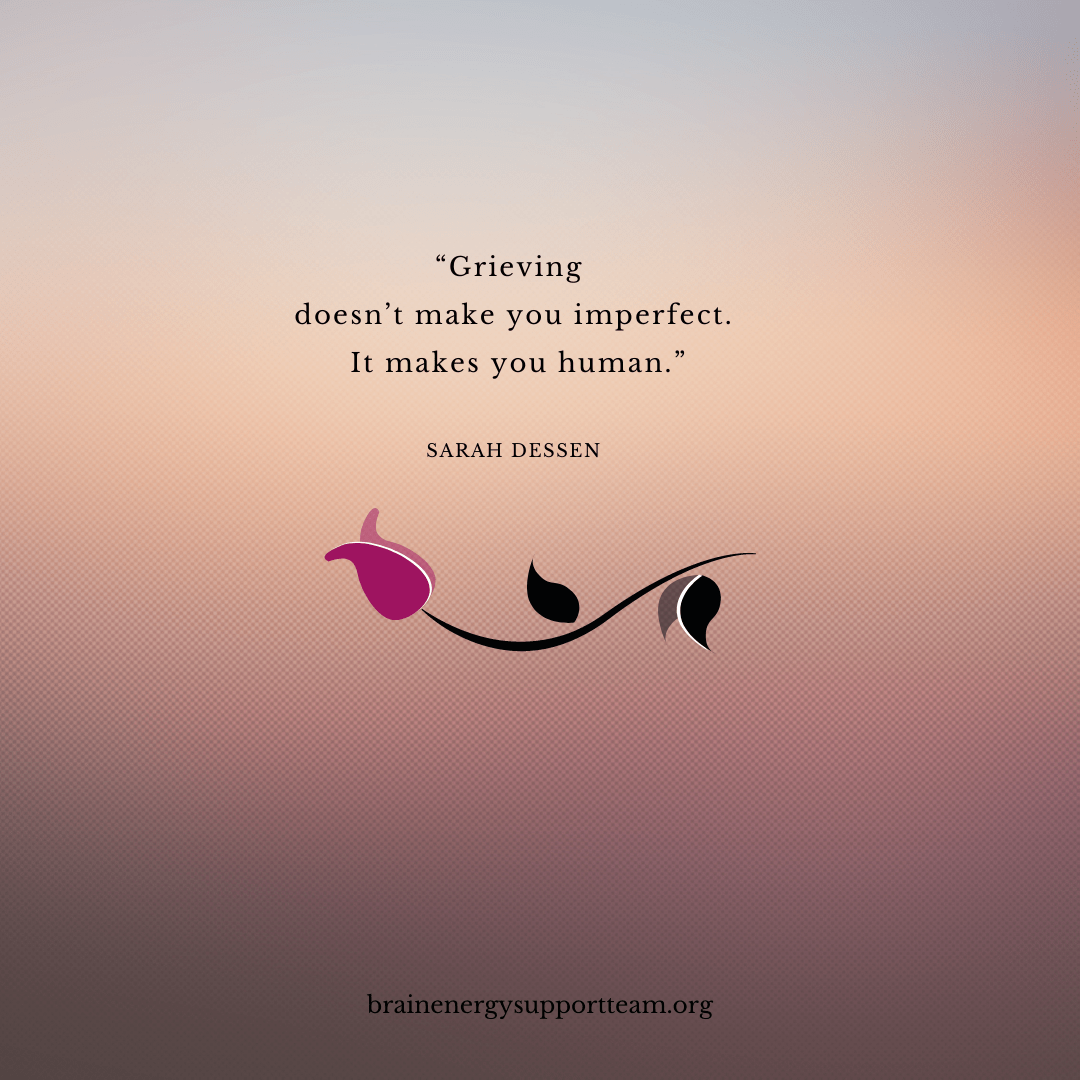Our social media news feeds are designed to be a source of news, information, entertainment and other thoughts and ideas.
Many people share website links or infographics on a variety of topics on their personal social media pages to inform others and engage in conversation.
Add to the mix of content, the speed and the high volume of online shares, our news feeds can be overwhelming and confusing at times.
When online resources are shared, this can add even more challenges. It’s not always easy to tell what links and news sources are reliable and sound.
Here’s a simple guide that can help you feel more comfortable in determining reliable information sources.
Let’s get started.
Here are some things to consider and questions to ask yourself when looking at information online.
- In a website URL, how the website ends can give you clues where the information is coming from. Educational resources end in .edu. Websites with some sort of commercial association end in .com. Government-affiliated websites end in .gov. Advocacy or non-profit organizations end in .org.
- How does the website look and feel? Does it look professional to you?
- Is there an About Us page, or a way to contact the author or organization if you have questions or concerns about the information they are sharing?
- Are there links to other sources on the page, and are they trustworthy?
- Can the information you found be verified elsewhere?
- Does the website have a lot of advertisements or sponsored content? This can give clues that the information may be influenced.
- Is the information up-to-date and current?
- Is it information written by a trustworthy author or organization?
Now you have some tools to think about what a reliable source looks like!
The next thing to consider: to share or not to share?
Find the answer to that question below.
 Here’s a simple guide that can help you feel more comfortable in determining when and how to share information in the best way possible on your personal social media.
Here’s a simple guide that can help you feel more comfortable in determining when and how to share information in the best way possible on your personal social media.
- Follow our 8 questions (see above) to ask yourself to determine if your source is reliable (if you are sharing a link).
- Do I have a clear goal with my share (like to entertain, enlighten, educate or engage)?
- Does this information honestly and accurately represent who I am and what I care about?
- Will this information cause hurt feelings or cause damage to others?
- Am I willing and able to accept feedback and conversation the information I share from those I know and from those I don’t know, even if I don’t agree with them?
If the answer is no to any one of the questions above, consider these things:
- Review the original information again. Is this information helpful to others?
- Check additional sources. Did you find something new? If so, does this change your viewpoint? Do you want to take a little more time to find a different or even better source to share?
- Is this information necessary to share on a public social media platform? Would it be better to share with a smaller group in a social media forum or some other forum? Would it be better just for a few people to read or just one person? Would this information be better shared by email? Voice to voice? Maybe even in person?
When information comes at us constantly and quickly, it’s important to put our best and most earnest efforts into our online written words and social media shares, today and every day. It makes a difference in our personal and overall well-being and the well-being of others.
Sharing is caring.
Using a thoughtful process to share your words can embrace the importance and power of the written word and use it to good purpose.
For more in-depth social media health and wellness, click here.






